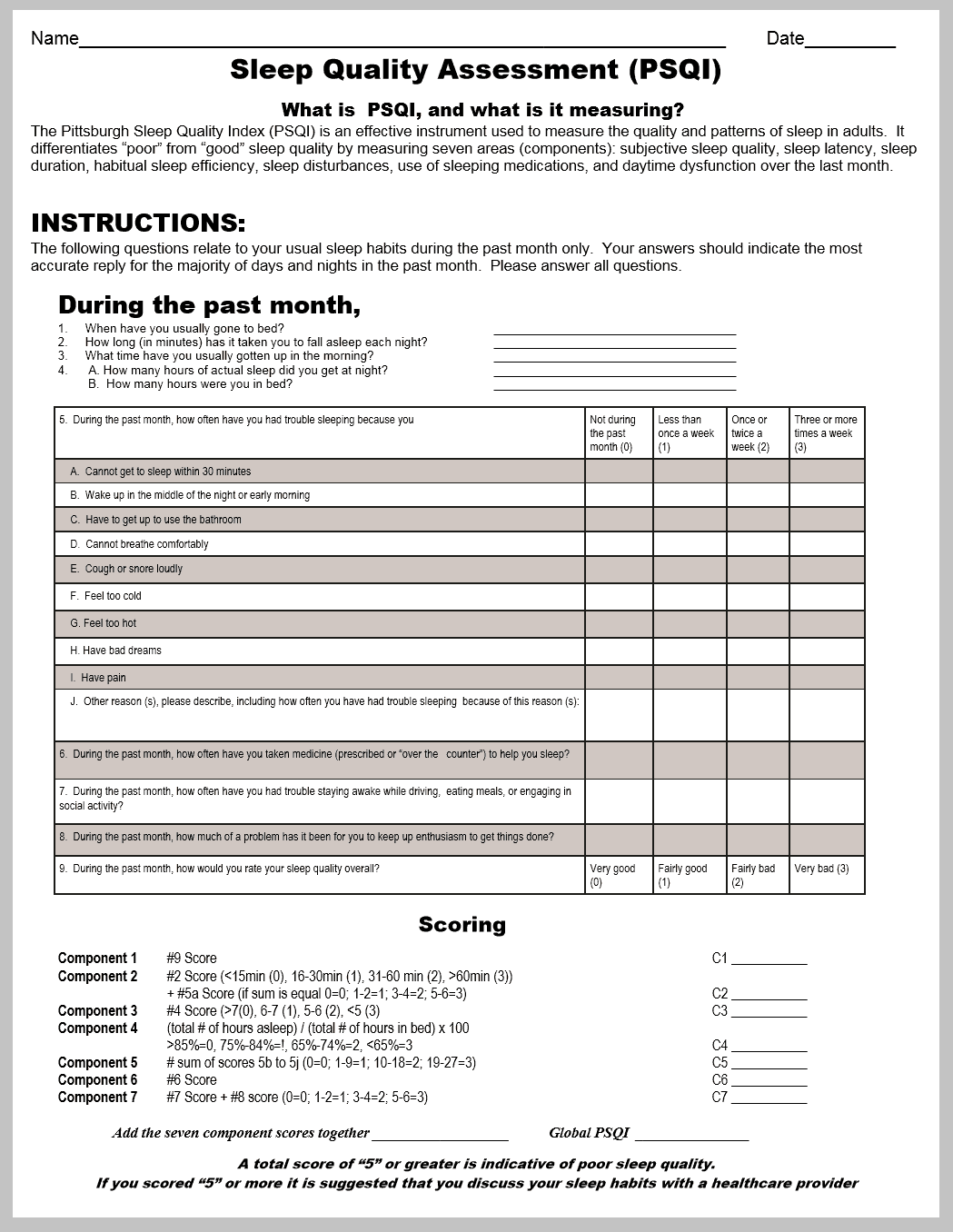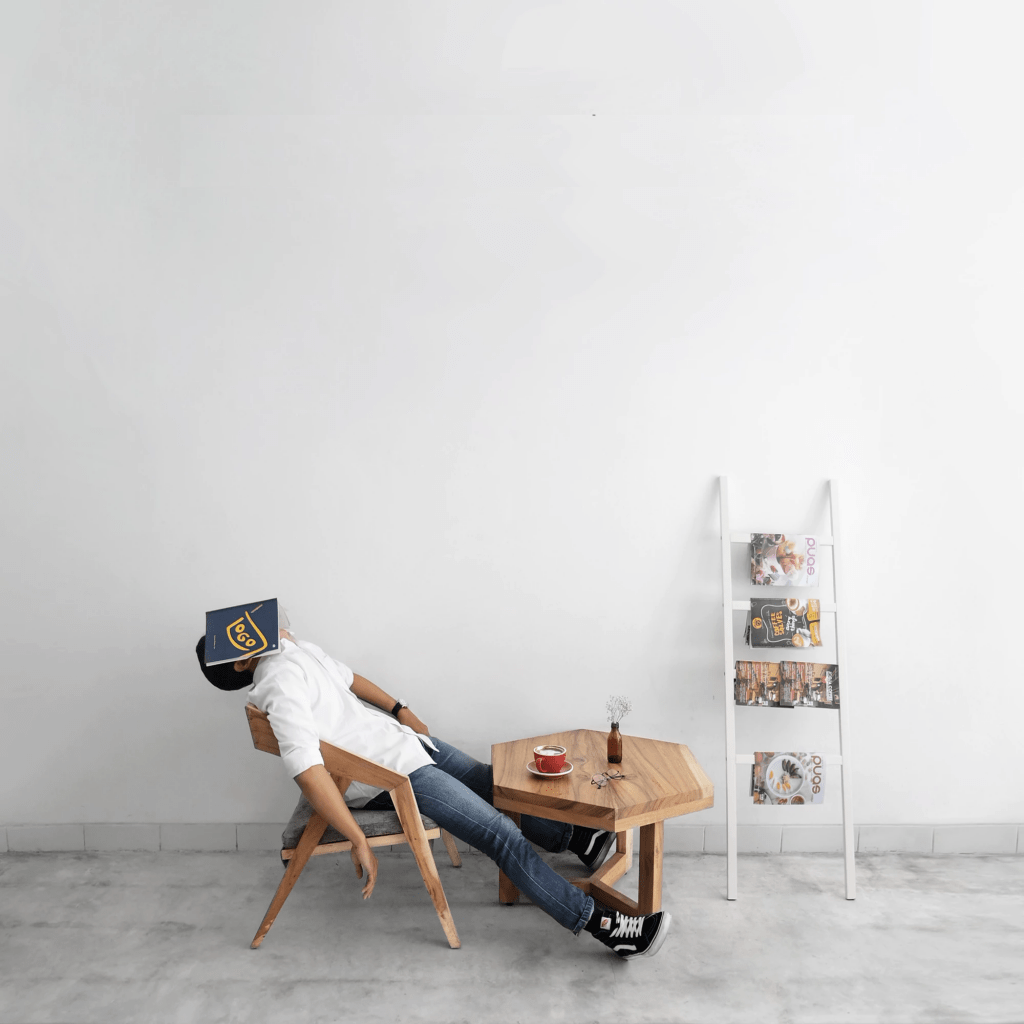Summary: The headlong chase for productivity has driven many of us to overlook the importance of rest and relaxation. Here are some tips for human resource leaders as they manage employees and wind down operations this holiday season.
Year-end is a hectic time
Professionally, the year comes to a close. Deadlines, budgets, and goals need to be met and set for 2019. Employees are expected to meet timelines, satisfy customer demands, and properly close out the year and welcome in the new one.
Some companies even throw a holiday party.
Personally, we often feel overwhelmed by the large crowds, familial obligations, and the hustle and bustle associated with shopping and traveling during the busiest travel time of the year.
We want to be more efficient, both in the work domain and home domain. Counterintuitive as it may seem, the real secret to increased efficiency might actually lie in working less – and resting more.
Tis the Time of the Year to Hibernate
“The biggest mistake that people make when it comes to sleeping in winter is ignoring their body’s natural rhythm,” says Dr. Emerson M. Wickwire, Sleep Medicine Program Director at Pulmonary Disease and Critical Care Associates in Columbia, MD., assistant professor at Johns Hopkins School of Medicine.

“It is normal for sleep habits and activity cycles to change a bit as the seasons change.”
Indeed, even animals hibernate during the holiday season, so why shouldn’t we cut ourselves a break?!
Winding Down; Shutting Down Electronics
In order to properly align with next year’s goals rest and recovery is needed. That means time with ourselves, not time with our phones.

Living in our 24/7 society we have a problem disconnecting from the hustle and bustle. Indeed, we are able to stay engaged with the world from the privacy of our own homes late into the evening. However, in doing so we are exposed to the light that our devices emit; and both mental activity and light exposure promote wakefulness. The blue light from these devices may be alerting the brain.
Sleep scientists and neurologists recommend avoiding caffeine in the afternoons and turning off computer and cell phones 1 hour before bedtime.
As our circadian rhythms change with the seasons, our goal should be restoration, rest, and personal time. This is a gift that we give our families – and ourselves – as we move with greater clarity into the new year.
Importance of R&R
According to Eric J. Olson M.D. of Mayo Clinic, for an adult to function properly, the optimal amount of sleep they need is 7 to 8 hours of good sleep each night.
“A lack of sleep and rest can not only dull and mute some of our more positive traits and tendencies, but handicap them entirely.” -Psychology Today
The August 2017 issue of Harvard Business Journal found that workplace injuries are more likely to happen during a rush. When there is a demand on workers, more mistakes can (and usually do) happen.
Which is why it is so crucial in the end of the year to wind things down, slow down, be flexible with time off, and have the conversation with managers and staff.
Sleep’s 10 Positive Effects on the Body
Studies show that sleep and rest are a boon; they help and heal just about every part of the body and mind. Trends in cognitive science find that sleep has been scientifically proven to help:
- The body’s Immune System
- Memory Formation & Memory Recall
- Creativity & Creative Problem Solving
- Weight Management & Obesity
- Warding against the Common Cold
- Athletic performance & exercise
- With Cognitive Decline and Dementia
- Release of feel-good hormones (like GABA and dopamine)
- Increased reaction time and reduced mental fatigue at work
- Greater Tolerance for Pain
*Clicking on any of these will direct you to the scientific journal for each topic.
Takeaways for Human Resource Professionals
A 2016 study from the Journal of Occupational and Environmental Medicine looked at the link between sleep quality and workplace productivity. A workplace-based sleep education program found that employees in the experimental condition reported “feeling rested” and experienced “increased job performance.” Those in the control group showed less productivity.
A Tool to Assess Sleep Quality in Employees at Work
HR professionals that are working with employees that experience sleep deprivation or exhibit signs of burnout can suggest sleep education programs to their employer. To assess the sleep patterns of employees we recommend starting with the PSQI, pictured below.

[The Pittsburgh Sleep Quality Index is a questionnaire that is used by clinicians and industrial psychologists in the measurement of sleep].
Are you making sleep a priority this holiday season?
Finishing Strong: Tips for Professionals ‘Stuck in a Rut’
To finish the year out strong, we recommend hosting a safe and memorable holiday party
(and then going to sleep on time).
Besides this, take some time to reflect on the past year. Measure milestones, give gratitude and take time to reflect on what is important in your life. Slow down, take stock, and see what’s ahead.

Some ways to get started include creating calendars, journaling, or creating a vision board. This can help you hit “pause” on the holiday rush, and help you break the unhealthy work habits that are making you less efficient.
Breathe.
Rest properly.
Get in the holiday spirit. Kiss the year goodbye – and contact us in 2019 when you’re relaxed and refreshed! We service businesses of all sizes with a variety of solutions, including Workforce Planning, Human Capital Allocation, and Outsourced HR Solutions.

